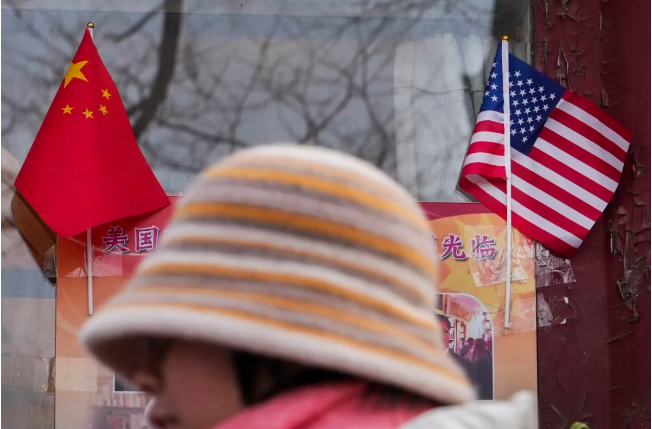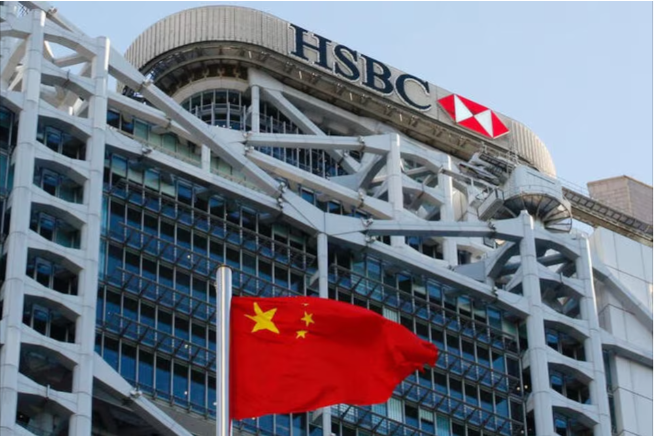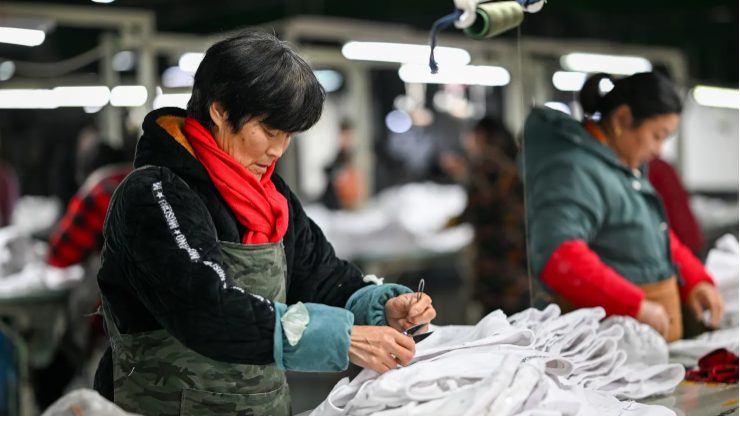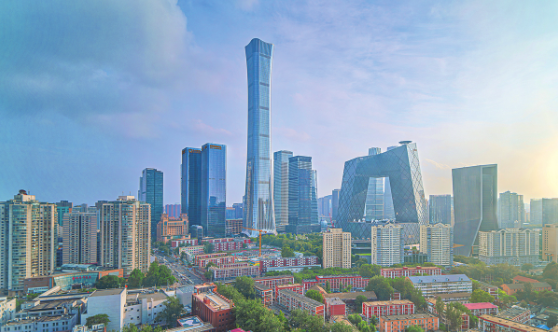As Trump tariffs go into force, China targets Google, coal, and gas in the United States.
China is not taking the Trump administration's tariffs sitting down.
On Tuesday, shortly after the 10% tariffs took effect just past midnight on the U.S. East Coast, Beijing announced a raft of countermeasures.
Those include 15% tariffs on American coal and liquefied natural gas and 10% tariffs on crude oil, farm equipment and certain other vehicles. The Chinese counter-tariffs are slated to take effect on Feb. 10.
In a statement, the Chinese finance ministry said the U.S. tariffs "severely violate World Trade Organization (WTO) rules, and not only fail to address [America's] own problems but also disrupt normal economic and trade cooperation between China and the United States."
In addition, China's market regulator announced an anti-monopoly investigation into Google. And th...









